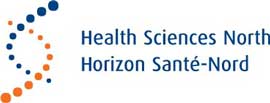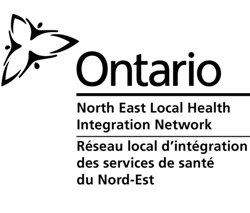SUDBURY—Dr. Hoang-Thanh Le, scientist at Health Sciences North Research Institute, has received funding from the Canadian Institute of Health Research (CIHR) for his tobacco smoking vaccine.
Sudbury has higher rates of smoking than the provincial average. Over 45,000 Canadians die from smoking related diseases each year. There is an undeniable link between smoking and cancer, heart and lung diseases. The tobacco smoking vaccine is showing promising preliminary results.
“The nicotine in tobacco is addictive and makes it difficult to quit,” says Dr. Le. “Only a small group of people see long term success with the current smoking cessation options. The nicotine vaccine would be a likely option for treatment that suppresses the addiction.”
Dr. Le and his team are proposing to develop a new vaccination strategy targeting the lungs, which offers an effective treatment that can sequester nicotine in the airways and limit its entry into the brain. Preliminary results show that levels of nicotine in the brains of vaccinated mice were four times lower than those not vaccinated. The team believes that the new proposed strategy, which is easily administered through the nose, skin or under the tongue, will be able to aid people who smoke to successfully quit and also to prevent smoking.
“We are very excited for Dr. Le and his research team for receiving funding from CIHR,” says Dr. McElhaney, vice president of research and scientific director at Health Science North Research Institute. “The development of this research will help many patients in Northern Ontario and beyond.”
Dr. Le anticipates starting human clinical trials once all safety and efficacy testing has been concluded in animals. This vaccine would benefit patients by reducing the risk of cancer, heart disease and stroke.
The vaccine will not require any needles which makes it more cost effective than traditional vaccines. This safe and effective approach to vaccination could be further developed for other addictions such as cocaine, heroin and methamphetamine to treat drug addiction.
Dr. Le’s research receives funding support from the Northern Cancer Foundation (NCF). HSN and HSNRI would like to acknowledge the NCF’s ongoing support for life-saving research.




